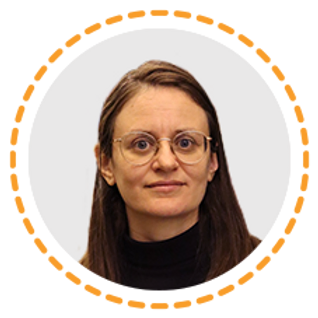Teaching


Welcome to our Massive Open Online Course (MOOC) on Global Citizenship Education! This course is designed to provide learners with a comprehensive understanding of global citizenship education and its importance in today’s interconnected world.
Over the course of several modules, we will explore the meaning and significance of global citizenship, and the role that education can play in promoting global citizenship values and attitudes. We will delve into various topics such as human rights, sustainability, social justice, and cultural diversity.
Throughout the course, you will have the opportunity to engage with a variety of multimedia resources, including videos, articles, and interactive activities. You will also be encouraged to participate in online discussions and collaborative projects with other learners from around the world.
By the end of this MOOC, you will have developed a deeper understanding of global citizenship education and its implications for personal and societal transformation. You will also have acquired practical tools and strategies for integrating global citizenship education into your own personal and professional contexts.
Whether you are an educator, a student, a social activist, or simply a concerned citizen, this MOOC is for you. Join us and be part of a global movement towards a more just, sustainable, and peaceful world!
Learning Outcomes
1
The students will become familiar with the major milestones in the history of Global Citizenship Education policies.
2
The students will be able to describe the philosophical foundations of Global Citizenship.
3
The students will be able to discuss various Global Citizenship Education typologies and definitions.
4
The students will be able to compare various theoretical approaches to ethnicity, gender, and class positioning relevant to Global Citizenship Education.
5
The students will be able to discuss the role of international organisations in the field of Global Citizenship Education.
6
The students will be able to discuss the roles of teachers, students, and communities in the field of Global Citizenship Education.
7
The students will be able to critically access their own positioning and possible privileges in relation to Global Citizenship.
8
The students will be able to integrate various theories in the field of Global Citizenship Education.
9
The students will be able to plan, design, and execute a detailed and thoughtful intervention activity on the subject of global citizenship at the classroom, school, or local authority level, targeting students, teachers, or external bodies.
Outline







Discussion with Prof. Miri Yemini on the implications of Global Citizenship Education (Part 1, Interview)
Prof. Aaron Benavot



